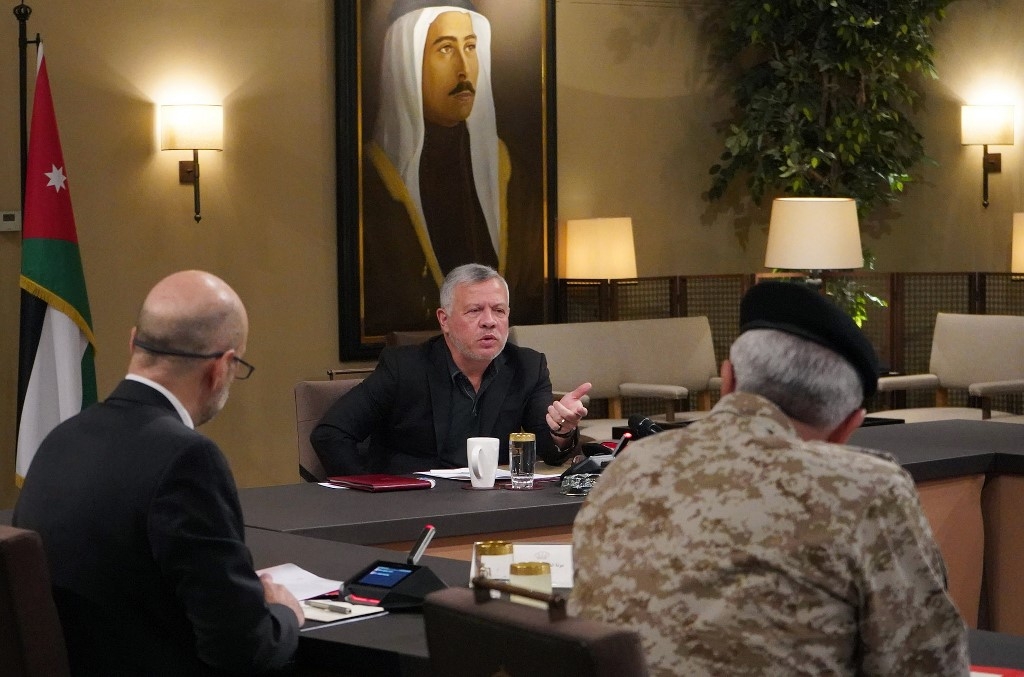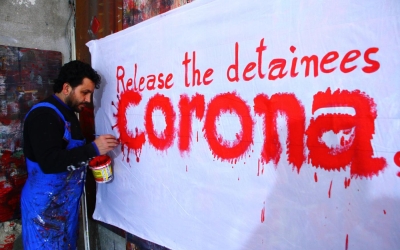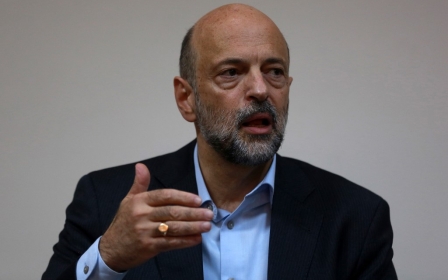Coronavirus: Jordan to impose countrywide lockdown from Saturday

Jordan announced that the government will impose a nationwide curfew from Saturday until further notice to combat the novel coronavirus.
According to a government decree, individuals will be banned from movement, except for emergencies, starting from 7:00 (5:00 GMT) on Saturday “until further notice”.
“The government will announce on Tuesday 24 March certain times when citizens will be allowed to run errands,” the decree stated.
Jordan's army sealed off the capital from the rest of the country on Thursday to put its 10 million people on lockdown.
The country has 69 confirmed coronavirus cases but authorities are afraid it could spread fast.
Friday’s decree excludes individuals who have a permit from the prime minister and minister of defence, “whose work is essential for the operation of infrastructures”.
Urgent medical cases will be required to notify security authorities to receive help, the decree added.
Any violations of the curfew will be punishable by a maximum one year in prison.
The country has closed its borders with Egypt, Iraq, Israel, Syria, and the occupied Palestinian territories to curb the spread of the virus.
Other measures introduced by the kingdom include suspending all flights, shutting down all schools and universities for two weeks, and closing cinemas, sporting facilities and tourist sites.
Jordan's King Abdullah ratified an emergency law on Tuesday giving the government sweeping powers to combat the virus, including the closure of businesses and restrictions of freedom of movement.
The law, according to a royal decree, would be implemented "in a way that it will not impede on the civil and political freedoms of Jordanians, and to protect public freedoms and freedom of speech.”
Middle East Eye delivers independent and unrivalled coverage and analysis of the Middle East, North Africa and beyond. To learn more about republishing this content and the associated fees, please fill out this form. More about MEE can be found here.





